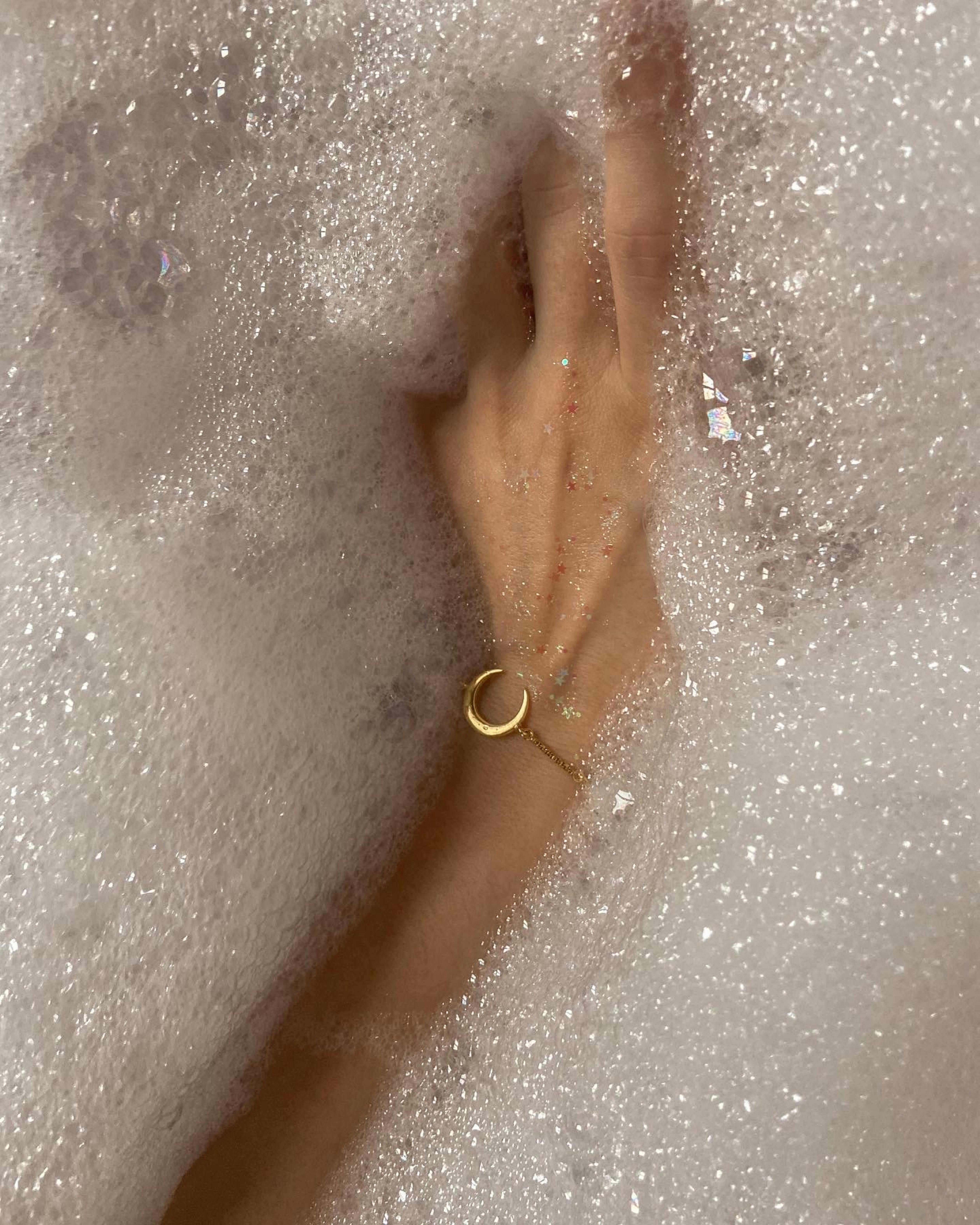Utah’s cleaning services industry is subject to various laws and regulations that businesses operating in this sector need to be well-informed about. This article aims to provide you with a comprehensive understanding of the legal framework surrounding cleaning services in the state of Utah, helping you navigate potential challenges and ensure compliance with all relevant regulations. By familiarizing yourself with these laws and regulations, you can protect your business, employees, and clients, while also positioning yourself as a trusted and reliable service provider. Keep reading to gain valuable insights into the specific legal considerations that apply to Utah’s cleaning services industry.
Introduction
Utah’s cleaning services industry is subject to various laws and regulations that govern the operation of businesses in this sector. As a cleaning service provider, it is crucial to understand and comply with these legal requirements in order to protect your business and ensure that you are operating in a lawful and ethical manner. This article will provide a comprehensive overview of the key areas of concern for cleaning service providers in Utah, including licensing requirements, employee regulations, health and safety standards, insurance requirements, environmental regulations, contracts and agreements, tax obligations, and advertising and marketing regulations.
1. Licensing Requirements
1.1 Types of Licenses
In Utah, cleaning service providers may be required to obtain a license, depending on the type of services they offer. It is important to determine the specific licensing requirements applicable to your business. Some common types of licenses that may be required include general business licenses, professional licenses (if providing specialized cleaning services such as carpet cleaning or mold remediation), and contractor licenses (if offering construction cleanup services).
1.2 Application Process
The application process for obtaining a cleaning services license in Utah typically involves submitting an application form, paying the required fees, and providing any necessary documentation, such as proof of insurance or bonding. It is important to carefully review the application requirements and ensure that all necessary information is provided accurately and completely.
1.3 Renewal and Expiration
Cleaning services licenses in Utah are typically valid for a specific period of time, typically one year. It is important to keep track of the expiration date of your license and submit a timely renewal application to avoid any disruptions to your business operations. Failure to renew your license on time may result in penalties or the inability to legally provide cleaning services.

2. Employee Regulations
2.1 Minimum Wage
Utah’s cleaning service providers must comply with the state’s minimum wage requirements. As of 2021, the minimum wage in Utah is $7.25 per hour for non-tipped employees and $2.13 per hour for tipped employees. It is important to ensure that your employees receive at least the minimum wage and that accurate records of their hours worked and wages paid are maintained.
2.2 Overtime Pay
Cleaning service providers in Utah must also comply with federal and state overtime pay requirements. Generally, non-exempt employees must be paid one and a half times their regular rate of pay for any hours worked beyond 40 hours in a workweek. It is important to understand the criteria for classifying employees as exempt or non-exempt to ensure proper payment of overtime wages.
2.3 Worker’s Compensation
Utah law requires cleaning service providers to carry worker’s compensation insurance to provide benefits to employees who suffer work-related injuries or illnesses. Worker’s compensation insurance provides medical treatment, wage replacement, and other benefits to injured employees, and also protects employers from lawsuits related to workplace injuries. It is essential to obtain the necessary worker’s compensation insurance coverage to comply with this legal requirement.
2.4 Employment Contracts
While not legally required in all cases, it is beneficial for cleaning service providers to establish clear employment contracts with their employees. Employment contracts can help protect the rights and responsibilities of both the employer and the employee, specifying important terms such as job duties, compensation, hours of work, and termination procedures. Having written employment contracts can help prevent disputes and ensure clarity in the employment relationship.
3. Health and Safety Standards
3.1 Cleaning Chemicals
Cleaning service providers in Utah must adhere to health and safety standards when handling and using cleaning chemicals. It is important to carefully read and follow the instructions and safety precautions provided by the manufacturer for each cleaning product. In addition, proper training should be provided to employees on the safe handling and storage of cleaning chemicals to minimize the risk of accidents or injuries.
3.2 Proper Use of Equipment
Utah’s cleaning service providers must ensure that their employees are trained in the proper use of cleaning equipment. This includes providing instruction on how to safely operate equipment such as vacuum cleaners, floor buffers, and pressure washers. Regular maintenance and inspection of equipment should also be conducted to ensure that it is in proper working order and does not pose any safety risks.
3.3 Protective Gear
To protect the health and safety of employees, cleaning service providers should provide appropriate protective gear, such as gloves, goggles, and masks, when necessary. This is especially important when using cleaning chemicals that may be hazardous or when performing tasks that may result in exposure to biological hazards, such as bloodborne pathogens. Training should also be provided on the proper use and disposal of personal protective equipment.
3.4 COVID-19 Guidelines
In light of the ongoing COVID-19 pandemic, cleaning service providers in Utah must also comply with guidelines and regulations issued by health authorities, such as the Centers for Disease Control and Prevention (CDC) and the Utah Department of Health. This may include implementing enhanced cleaning and disinfection protocols, providing appropriate personal protective equipment, and following recommended social distancing measures. Staying informed and up to date on the latest guidelines and best practices is crucial for protecting the health of both employees and clients.

4. Insurance Requirements
4.1 General Liability Insurance
General liability insurance is essential for cleaning service providers in Utah. This type of insurance provides coverage for claims arising from bodily injury, property damage, or personal injury caused by your cleaning services. It can protect your business from the financial burden of legal fees, settlements, or judgments resulting from such claims. It is important to obtain the appropriate amount of coverage to adequately protect your business.
4.2 Bonding
In some cases, cleaning service providers in Utah may be required to obtain a surety bond. A surety bond guarantees that the cleaning service provider will fulfill their contractual obligations and provides compensation to clients in the event of a breach of contract. This can help instill trust in your business and ensure that your clients are protected.
4.3 Worker’s Compensation Insurance
As mentioned earlier, worker’s compensation insurance is required for cleaning service providers in Utah. In addition to complying with legal requirements, worker’s compensation insurance can provide financial protection for your business by covering medical expenses and lost wages for injured employees. It is important to work with an insurance provider to obtain the necessary worker’s compensation insurance coverage.
5. Environmental Regulations
5.1 Waste Disposal
Cleaning service providers in Utah must comply with regulations regarding the proper disposal of waste generated during cleaning operations. This includes following guidelines for the safe handling, storage, transport, and disposal of both hazardous and non-hazardous waste. It is important to educate your employees on the proper procedures for waste disposal to minimize environmental impact and comply with legal requirements.
5.2 Green Cleaning Practices
Utah encourages cleaning service providers to adopt environmentally-friendly cleaning practices. This may involve using eco-friendly cleaning products, implementing energy-saving measures, and reducing waste generation. By incorporating green cleaning practices into your operations, you can demonstrate your commitment to sustainability and attract environmentally-conscious clients.
5.3 Pollution Prevention
Cleaning service providers should also take steps to prevent pollution and minimize negative impacts on the environment. This can include properly storing and handling chemicals to prevent spills, using equipment and vehicles with low emissions, and implementing sound pollution control measures. By proactively addressing pollution prevention, you can contribute to a cleaner and healthier environment.
6. Contracts and Agreements
6.1 Service Agreements with Clients
Establishing clear and comprehensive service agreements with clients is important for setting expectations and protecting the rights and responsibilities of both parties. A service agreement should outline the scope of services, pricing, payment terms, liability limitations, termination procedures, and any other relevant terms and conditions. Having a well-drafted service agreement can help prevent misunderstandings and resolve disputes should they arise.
6.2 Subcontractor Agreements
If you engage subcontractors to assist with cleaning services, it is essential to have written subcontractor agreements in place. These agreements should clearly define the relationship between the cleaning service provider and the subcontractor, including the scope of work, compensation, confidentiality, and any insurance or licensing requirements. By establishing clear expectations and terms, subcontractor agreements can help mitigate risks and ensure a smooth working relationship.
6.3 Non-Disclosure Agreements
Cleaning service providers often have access to sensitive information about their clients, such as security codes or confidential business processes. It is important to protect this information from unauthorized disclosure by implementing non-disclosure agreements (NDAs). An NDA establishes a legal obligation for employees or subcontractors to maintain the confidentiality of any proprietary or confidential information they are exposed to during the course of their work.
7. Tax Obligations
7.1 Sales and Use Tax
Cleaning service providers in Utah are generally required to collect and remit sales and use tax on taxable cleaning services. The current sales tax rate in Utah is 6.10%. It is important to understand the taxability of different types of cleaning services and maintain accurate records of taxable transactions to ensure compliance with sales and use tax requirements.
7.2 Payroll Taxes
Cleaning service providers in Utah must also meet their obligations for payroll taxes. This includes withholding taxes from employee wages for federal income tax, Social Security, and Medicare. In addition, employers are responsible for paying their share of Social Security and Medicare taxes, as well as federal and state unemployment taxes. It is important to accurately calculate and remit payroll taxes according to the applicable tax rates and deadlines.
7.3 Business Taxes
In addition to sales and payroll taxes, cleaning service providers in Utah may be subject to various other business taxes, such as state income tax and business license fees. The specific tax obligations will depend on the structure of your business (e.g., sole proprietorship, partnership, corporation) and other factors. It is advisable to consult with a tax professional or business lawyer to ensure compliance with all applicable business tax requirements.

8. Advertising and Marketing Regulations
8.1 Truth in Advertising
Cleaning service providers in Utah must adhere to truth in advertising laws, which prohibit false, deceptive, or misleading statements in advertising materials. It is important to accurately represent your services, pricing, qualifications, and any other information provided to potential clients. Misleading advertising can lead to legal action and damage the reputation of your business. It is advisable to review your advertising materials to ensure compliance with truth in advertising requirements.
8.2 Unfair Competition
Utah’s cleaning service providers must also comply with laws related to unfair competition. This includes refraining from engaging in unfair or deceptive practices that give your business an unfair advantage over competitors. Examples of unfair competition practices may include false advertising, defamation, trade secret theft, or unauthorized use of another company’s intellectual property. It is important to understand and adhere to these regulations to maintain a fair and competitive business environment.
8.3 Telemarketing Laws
If your cleaning service business engages in telemarketing activities, it is important to comply with Utah’s telemarketing laws. These laws regulate solicitation calls made to consumers and include requirements such as obtaining prior consent, maintaining do-not-call lists, and providing clear and accurate information about the goods or services being offered. Non-compliance with telemarketing laws can result in penalties or legal action. It is advisable to familiarize yourself with these regulations and implement appropriate compliance measures.
Answers to FAQs
1. Do I need a license to operate a cleaning service in Utah?
Yes, depending on the type of cleaning services you provide, you may need to obtain a license. It is important to determine the specific licensing requirements applicable to your business and ensure compliance with the application process, renewal, and expiration requirements.
2. What insurance do I need for my cleaning service business in Utah?
General liability insurance and worker’s compensation insurance are essential for cleaning service providers. Bonding may also be necessary in certain cases. These types of insurance can provide financial protection in the event of accidents, injuries, or property damage. It is important to work with an insurance provider to determine the appropriate coverage for your business.
3. How can I ensure the health and safety of my employees in the cleaning industry?
It is important to train employees on proper cleaning techniques, provide protective gear, and follow all relevant health and safety guidelines. This includes handling cleaning chemicals safely, using equipment correctly, and implementing measures to prevent the spread of infectious diseases, such as COVID-19. Regularly reviewing and updating your health and safety policies can help create a safe work environment for your employees.
4. What are the tax obligations for cleaning service businesses in Utah?
Cleaning service businesses in Utah are subject to sales and use tax, payroll taxes, and other applicable business taxes. It is important to understand the tax laws and requirements, maintain accurate records, and remit taxes on time to ensure compliance and avoid penalties.
5. How can I resolve disputes in the cleaning services industry?
Disputes in the cleaning services industry can be resolved through various methods, depending on the nature of the issue. Options include mediation, arbitration, or small claims court. It is advisable to consult with a business lawyer to determine the most appropriate course of action for your specific situation.
In conclusion, as a cleaning service provider in Utah, it is crucial to be aware of and adhere to the laws and regulations that govern your industry. From obtaining the necessary licenses and insurance, to ensuring compliance with employee regulations, health and safety standards, environmental regulations, contracts and agreements, tax obligations, and advertising and marketing regulations, following these legal requirements will not only help you operate your business lawfully but also protect the interests of your clients and employees. Consult with a business lawyer in Utah to ensure that you have a thorough understanding of the legal landscape affecting your cleaning service business.